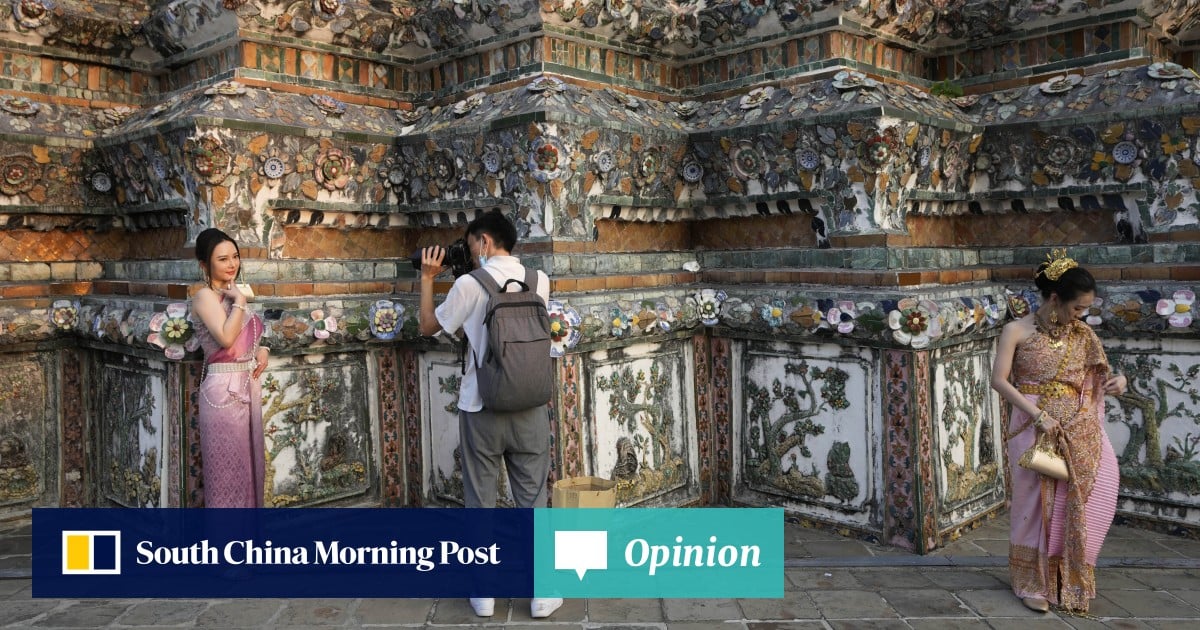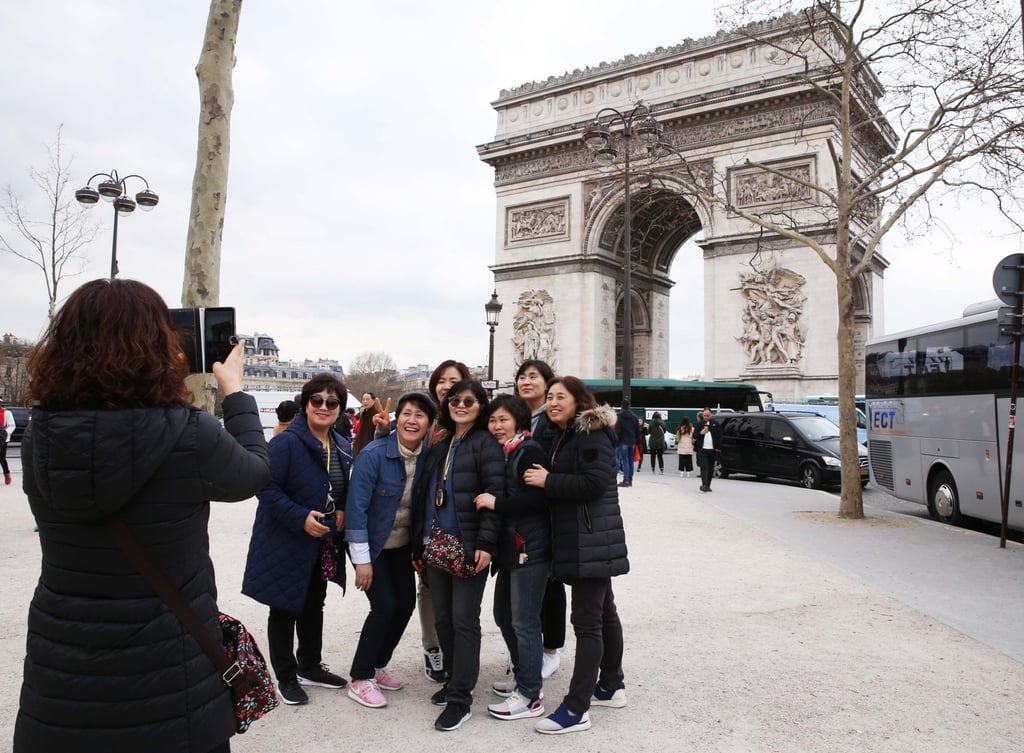World
Opinion | How the world has changed for a Chinese-looking person

I had been found inadequate before I could open my mouth. After I replied in Cantonese that I was just browsing, the sales assistant let me be and I left soon. Still, I found myself wishing I had bought something pricey, as if it could prove I wasn’t whatever she had presumed I was. Which was what? Someone from a sleepy backwater of mainland China?
Born to a Chinese-speaking family in Singapore, I had always been comfortable in my skin as a child of the Chinese diaspora. We lived on a high floor in a public housing block, and the corridor outside our flat every so often rang with neighbourly chit-chat in Mandarin, Hakka and Cantonese. At my secondary school, English and Chinese were taught as first languages.
It also fell to me, the firstborn, to send annual greeting cards to an uncle in a village in Dabu county in Guangdong province: an address I can rattle off to this day, even though our village relatives have long since been reachable by video chat.
Hong Kong was the first place we flew to as a family and that day in the 1990s was the first time I rubbed up against assumptions about me, simply for being a Chinese-looking person from elsewhere.
It is remarkable to me, however, how assumptions and expectations of a Chinese body have evolved as China’s fortunes changed. For a Chinese-looking person walking down the street in a strange city, the world has become a very different place in a matter of decades.
Although its economy had been picking up speed since the late 1970s, in the 1990s, China’s growth miracle was still many years away from becoming an inescapable fact worldwide. Up until the late 2000s, travelling to countries as far afield as Turkey and France, I was able to enjoy a certain anonymity. In tourist districts in Istanbul and Paris, where hopeful vendors tried Japanese greetings on me, I could slink away with a shrug. Boisterous Turkish schoolchildren on an outing through the courtyards of Topkapi Palace smiled wider at the sight of me and called out any Japanese word they could think of: “Konnichiwa!” “Toshiba!”
In the 2010s, during yet another trip to Paris, I had a slightly disconcerting experience at Charles de Gaulle airport. A uniformed man came up to me and said something repeatedly, patiently, but I understood nothing. It didn’t sound like anything I could recall from beginner-level French, and I was starting to worry when it clicked that he was making thickly accented Chinese sounds – “Ni haooour” – and directing me to the tax refund office.

I have now lived in Hong Kong long enough to make educated guesses about who is or isn’t a Hongkonger in a line of faces and fashion choices on an escalator.
When we ventured out of the resort to go to a seafood market, we didn’t cross paths with any tour group but were wooed in Mandarin every time we neared a stall or restaurant. Vacationers ambled by in twos and threes, not that different from us. One of them, in floaty dress and clunky shoes, caught my eye and I could tell she was from mainland China before I could tell anyone why. So what though?
With much of the world economy in post-pandemic recovery mode, it seems to hardly matter what my friends and I identify as, or how many distinctions people across the Chinese diaspora try to draw. Sales and service folk in Thailand and elsewhere may simply see us all in the same light, as livelihood-saving Chinese tourists.
Foong Woei Wan is a production editor at the Post








